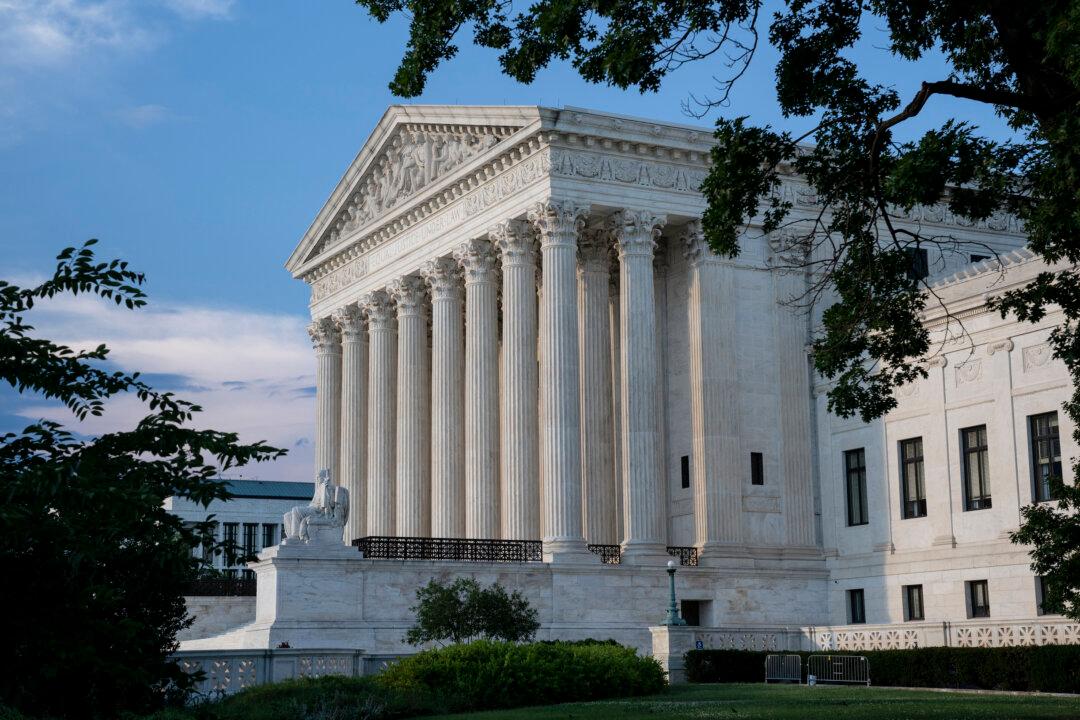A Seattle-area high school football coach who was banned from praying on the football field after games is taking his case to the U.S. Supreme Court after losing in a federal appeals court.
The Supreme Court previously refused to take the case, but four of the five conservative justices on the nine-member court expressed discomfort at that time with lower court decisions in the case. Since then, another conservative, Amy Coney Barrett, has joined the high court, giving conservatives a 6–3 advantage over liberals. Moreover, the Supreme Court issued rulings this past term bolstering protection for religious freedoms.





